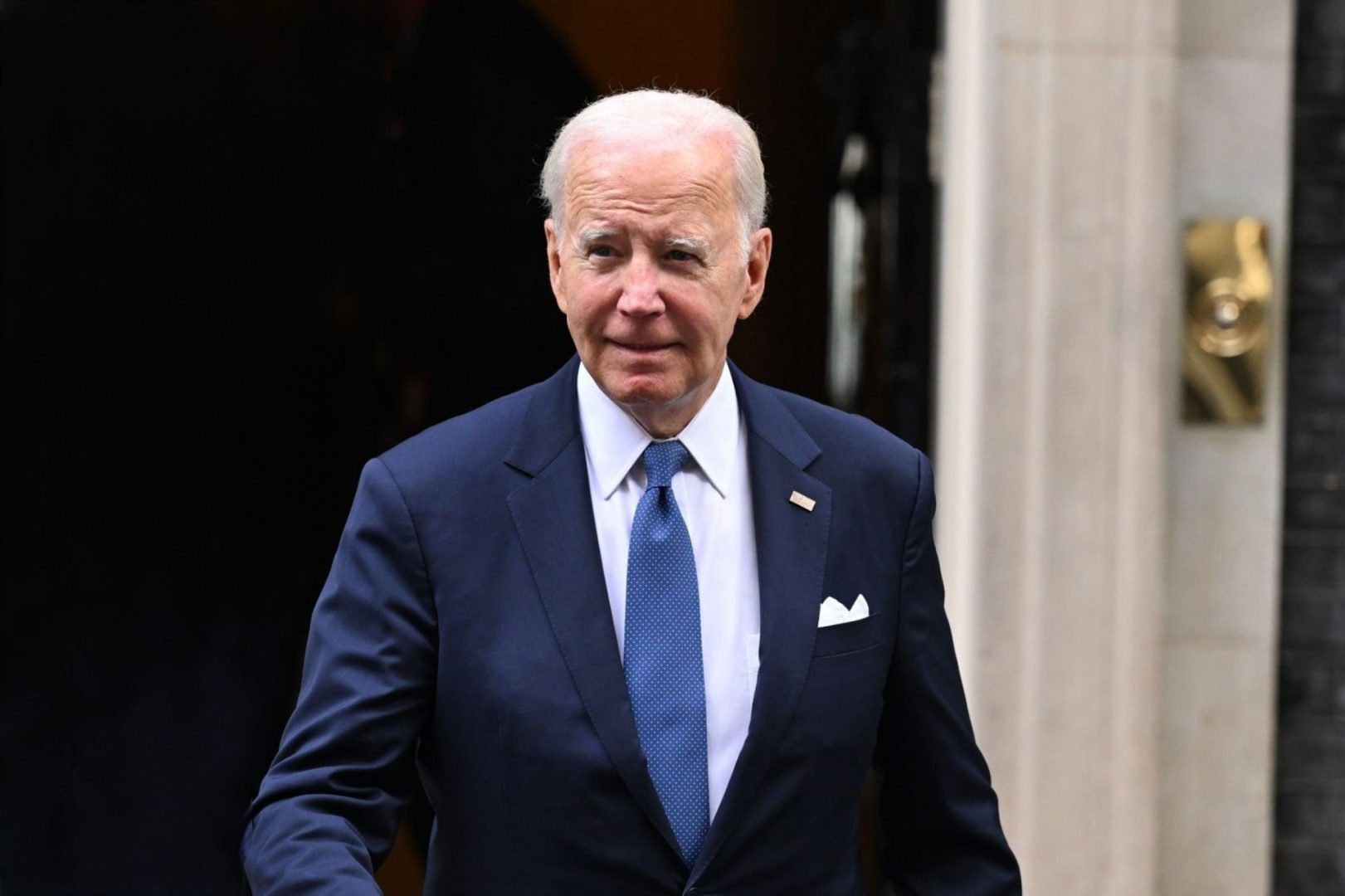In the ongoing conversation about student loan debt in America, a stark disparity has emerged between Black and White college graduates. On average, Black graduates carry an additional $25,000 in student loan debt compared to their White counterparts. This significant difference highlights the systemic issues that contribute to the financial struggles faced by many Black borrowers.
Biden’s attempts to address student loan debt
President Joe Biden has made several attempts to alleviate the burden of student loan debt, particularly for Black borrowers who are disproportionately affected. However, his efforts have faced substantial legal challenges. Despite initial optimism when a U.S. District Judge allowed a restraining order against Biden’s debt cancellation plan to expire, subsequent rulings have thwarted these initiatives.
On Oct. 3, 2024, a federal judge in Missouri issued an injunction blocking Biden’s plan to forgive approximately $73 billion in student loan debt for around 27.6 million borrowers. This ruling was made by U.S. District Judge Matthew Schelp, a Trump appointee, who argued that allowing the cancellation would impede the judicial review process.
The legal battle continues
The Education Department expressed disappointment over the ruling, emphasizing that Republican state officials are attempting to prevent millions of constituents from receiving much-needed relief. In their statement, they affirmed their commitment to defending the proposed debt relief measures in court, stating, “We will not stop fighting to fix the broken student loan system and provide support and relief to borrowers across the country.”
Biden’s debt relief initiative has been on hold since September, following a lawsuit filed by six Republican-led states in Georgia. The lawsuit claims that Biden has overstepped his legal authority in proposing such sweeping debt forgiveness.
Who benefits from Biden’s proposed debt relief?
Under Biden’s proposed regulations, several categories of borrowers would be eligible for relief. This includes individuals who:
- Owe more than they originally borrowed due to accrued interest.
- Have been repaying their loans for at least 20 years.
- Did not apply for forgiveness under previous programs but were eligible.
This initiative aims to provide a pathway to financial stability for those who have been historically marginalized and burdened by student debt.
The broader implications of student loan debt
The issue of student loan debt is not just a personal financial concern; it has broader implications for economic mobility and wealth accumulation, particularly within the Black community. The additional debt burden can hinder home ownership, retirement savings, and overall financial health. As such, the fight for student loan forgiveness is not merely about alleviating debt; it is about addressing systemic inequalities that have persisted for generations.
As the Biden administration continues to navigate the legal landscape surrounding student loan forgiveness, the stakes remain high for millions of borrowers. The outcome of these legal battles will not only affect individual borrowers but also the economic landscape of the nation, particularly for communities of color.
The struggle for student loan debt relief is emblematic of larger societal issues that require urgent attention and action. As advocates continue to push for equitable solutions, it is crucial to recognize the unique challenges faced by Black graduates in the realm of student debt. The fight for justice in this arena is ongoing, and the voices of those affected must remain at the forefront of the conversation.

















